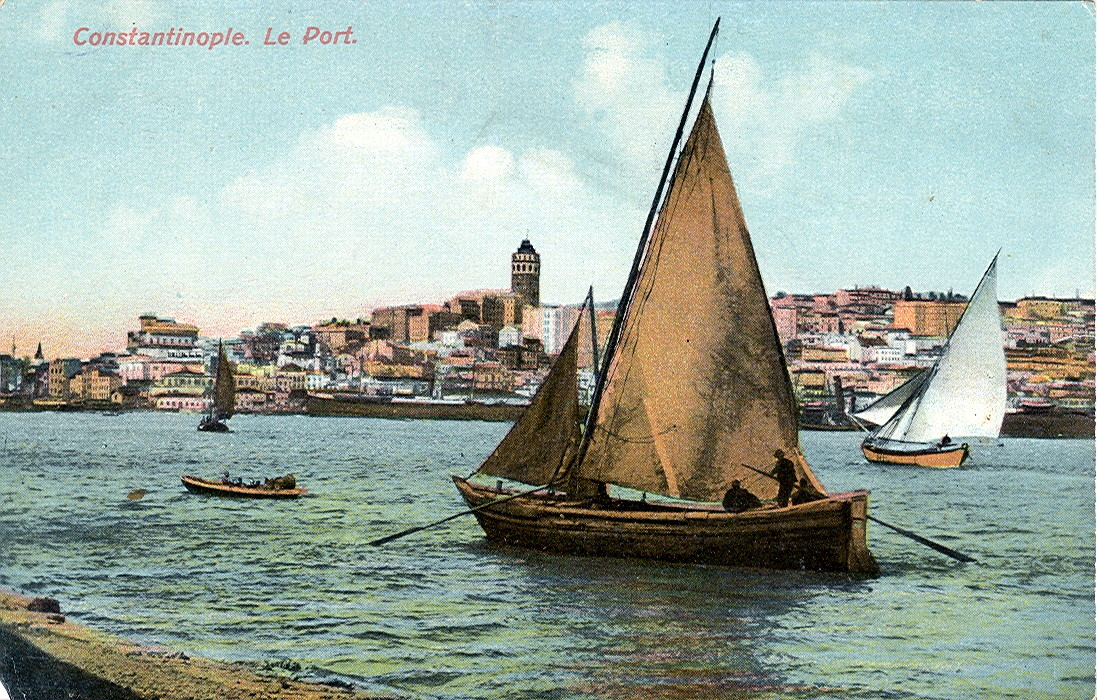Scientists just explored the realm of octopi. They returned with discoveries.
On a deep sea expedition off of Costa Rica,usa sex videos researchers used a robotic submersible to capture footage of previously unexplored seamounts, finding them teeming with almost otherworldly life. The mission, led by the Schmidt Ocean Institute, an organization that researches the seas, visited a little-seen octopus nursery — where groups of female octopi gather and guard their valuable eggs.
The explorers also found an entirely new octopus nursery, just the third known to science.
"The discovery of a new active octopus nursery over 2,800 meters [over 9,000 feet] beneath the sea surface in Costa Rican waters proves there is still so much to learn about our ocean," Schmidt Ocean Institute executive director Jyotika Virmani, an oceanographer, said in a statement.
SEE ALSO: Scientists discover ancient shark swimming in a really strange placePeering into the uncharted depths often returns discoveries or unparalleled footage of an underwater world that's still quite alien to us. "We know so little about the deep ocean that pretty much anyone can find something new if they were doing something unique down there," Alan Leonardi, the former director of the National Oceanic and Atmospheric Administration's Office of Ocean Exploration and Research, previously told Mashable.
Interestingly, the newly found nursery, shown in the June 2023 images below, is near a low-temperature hydrothermal vent, a place where hot or warm mineral-rich seawater flows from Earth's crust. This suggests some octopus species intentionally brood their eggs around these vents. (Another octopus nursery called the Dorado Outcrop nursery also dwells near a vent, and researchers even observed hatching there.)
The recently found octopi could be a new species of Muusoctopus, an octopus species with no ink sac.
 In a newly discovered octopus nursery, members of an octopus species guard their eggs. Credit: Schmidt Ocean Institute
In a newly discovered octopus nursery, members of an octopus species guard their eggs. Credit: Schmidt Ocean Institute  More newfound octopi in a deep sea nursery. Credit: Schmidt Ocean Institute
More newfound octopi in a deep sea nursery. Credit: Schmidt Ocean Institute Overall, the expedition spotted hundreds of other deep ocean critters, which are adapted to the cold depths and darkness. Below is a three-minute video of these animals, followed by an image of curious tripod fish.
 Two tripod fish spotted nearly 10,000 feet under the ocean surface. Credit: Schmidt Ocean Institute
Two tripod fish spotted nearly 10,000 feet under the ocean surface. Credit: Schmidt Ocean Institute Want more scienceand tech news delivered straight to your inbox? Sign up for Mashable's Light Speed newslettertoday.
A primary goal of such expeditions is to document what's down there, especially because most of the deep sea is unprotected. For example, these recently explored seamounts are unprotected from human activity, according to the Schmidt Ocean Institute. As of now, the laws governing deep sea mining — a developing, looming industry — are woefully outdated. They were established in 1975, but the first deep sea hydrothermal vents, and the life they support, weren't discovered until 1977.
The deep seas clearly hold bounties of biodiversity and life, along with great medicinal potential for our species. "Systematic searches for new drugs have shown that marine invertebrates produce more antibiotic, anti-cancer, and anti-inflammatory substances than any group of terrestrial organisms," notes the National Oceanic and Atmospheric Administration.
These deep sea expeditions, then, do more than document wonder. They could play a vital role in protecting some of Earth's rare and invaluable ecosystems.
(Editor: {typename type="name"/})
 Staff Picks: Passing Saviors, Psycho Sitters by The Paris Review
Staff Picks: Passing Saviors, Psycho Sitters by The Paris Review
 How to Say No in Turkish: Navigating a New Language
How to Say No in Turkish: Navigating a New Language
 'Our Flag Means Death' Season 2: Gayer and darker pirates tales ahead
'Our Flag Means Death' Season 2: Gayer and darker pirates tales ahead
Sri Lanka vs. Australia 2025 livestream: Watch 1st ODI for free
 TL;DR:Live stream Sri Lanka vs. Australia for free on 7Plus. Access this free streaming site from an
...[Details]
TL;DR:Live stream Sri Lanka vs. Australia for free on 7Plus. Access this free streaming site from an
...[Details]
Pixel 8 Pro vs. Pixel 7 Pro: What are the differences?
 Table of ContentsTable of ContentsIn this Pixel 8 Pro vs. Pixel 7 Pro face-off, we're going to help
...[Details]
Table of ContentsTable of ContentsIn this Pixel 8 Pro vs. Pixel 7 Pro face-off, we're going to help
...[Details]
Spicy air fryer nuts are a tasty snack and super easy to make
 I love anything spicy. If it were feasible — barring health issues, practicality, and social n
...[Details]
I love anything spicy. If it were feasible — barring health issues, practicality, and social n
...[Details]
How to preorder the new Google Pixel Watch 2
 PRE-ORDER NOW: Google announced its new Google Pixel Watch 2 at the Made by Google event on Oct. 4.
...[Details]
PRE-ORDER NOW: Google announced its new Google Pixel Watch 2 at the Made by Google event on Oct. 4.
...[Details]
China just built the world's biggest floating solar project
 China has installed a massive field of solar panels on a particularly poignant site: a lake formed b
...[Details]
China has installed a massive field of solar panels on a particularly poignant site: a lake formed b
...[Details]
Let’s Use “Weird” in the True Sense of the Word
 PremonitionsBy Sadie SteinOctober 19, 2015Our Daily CorrespondentYeah, real spooky, Austin.I dreamt
...[Details]
PremonitionsBy Sadie SteinOctober 19, 2015Our Daily CorrespondentYeah, real spooky, Austin.I dreamt
...[Details]
Spicy air fryer nuts are a tasty snack and super easy to make
 I love anything spicy. If it were feasible — barring health issues, practicality, and social n
...[Details]
I love anything spicy. If it were feasible — barring health issues, practicality, and social n
...[Details]
'Quordle' today: See each 'Quordle' answer and hints for October 5, 2023
 If Quordleis a little too challenging today, you've come to the right place for hints. There aren't
...[Details]
If Quordleis a little too challenging today, you've come to the right place for hints. There aren't
...[Details]
11 Tech Products That Were Supposed to Fail... But Didn't
 You'll often find that when a new product or service fails, there's a line of people waiting to say,
...[Details]
You'll often find that when a new product or service fails, there's a line of people waiting to say,
...[Details]
The Lumpy, Crowded Graveyard: On Necrotopology and Memory
 Can These Dry Bones Live?By Thomas W. LaqueurNovember 2, 2015On HistoryIn the second of three excerp
...[Details]
Can These Dry Bones Live?By Thomas W. LaqueurNovember 2, 2015On HistoryIn the second of three excerp
...[Details]
Obama photographer Pete Souza on Trump: 'We failed our children'

One More Page 3 campaign highlights breast cancer awareness

接受PR>=1、BR>=1,流量相当,内容相关类链接。